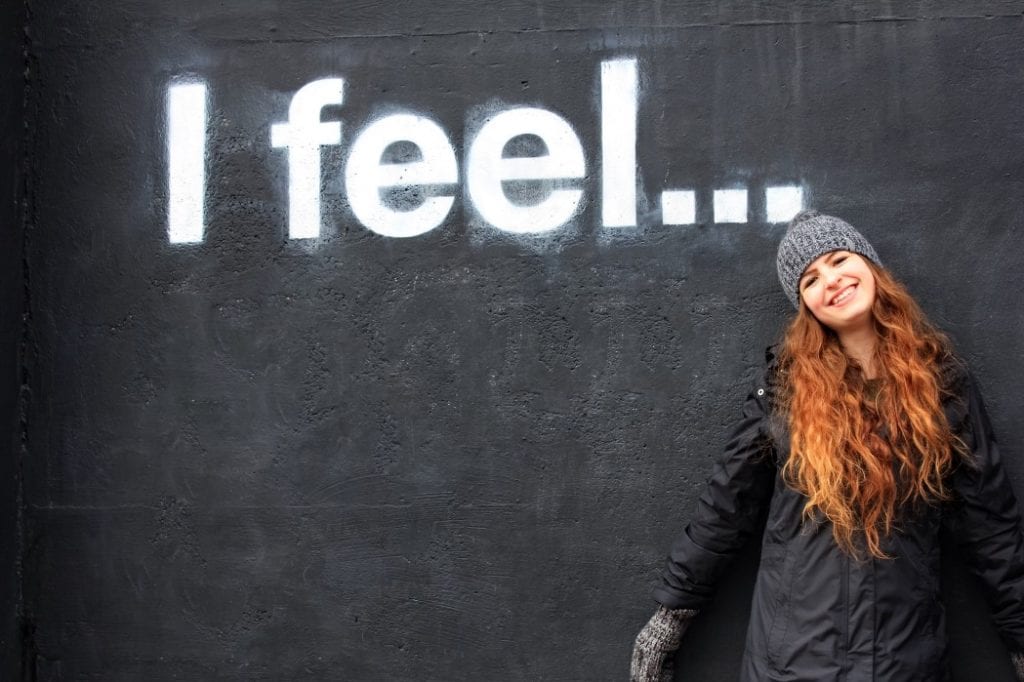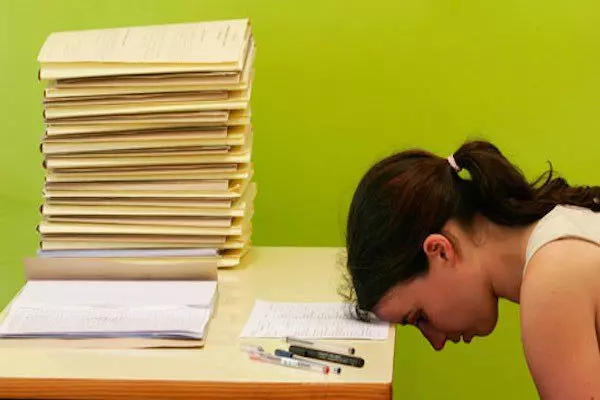
As we begin a new decade, 2020 is testing the mental health of humanity. After the world mourned the loss of Kobe Bryant to start the new year, we are now in the midst of a global corona virus pandemic with looming public health and economic consequences so severe experts are unable to quantify its impact. With social distancing, stay at home orders, and a host of economic challenges, humanity’s resolve is being stretched past our normal limits. Maybe you made a list of resolutions or life changes you wanted to make in 2020. But, one the is for sure, collectively we must be more diligent in protecting our mental health and develop coping mechanisms to help us endure these turbulent times.
Based on surveying individuals, it was estimated that, in 2018, 19.1 percent of Americans 18 years old and up had a mental illness in the last year. Maybe you have a mental illness, maybe you don’t. Either way, your mental health is important. So what are some practical things you can work on?
Get sufficient sleep.
The Centers for Disease Control and Prevention (CDC) conveys that a person might have an elevated likelihood of poor mental health, some physical health problems, and dying prematurely if the person regularly doesn’t sleep for sufficient time. They indicate that it is advised for individuals ages 18 to 60 to sleep at least 7 hours a night.
If you’re not making enough time for sleep, now is the time to start. As hard as it may be, tell yourself you’ll finish that television show or those household chores tomorrow.
If you’re having trouble sleeping, there are things you can try. Commit yourself to a regular sleep schedule, going to bed and waking up at the same time every day (yes, even on the weekends). Don’t drink too much caffeine, especially later in the day. Stop using devices that produce blue light (like your smartphone, laptop, and television) at least an hour before bed. Practice relaxation techniques, such as deep breathing exercises.
Exercise.
One of the many reasons to exercise is that it might improve your mental health. Try to find something that you’ll enjoy, so you’ll actually stick with exercising. You might decide to start regularly playing a sport with friends, going to a fitness class, or enthusiastically dancing to some of your favorite music.
If you have any health conditions that might be made worse by exercising, make sure to talk with your healthcare provider first. Together you can develop a plan that is right for you.
Plan ways to reduce stress.
The National Institute of Mental Health (NIMH) conveys that being stressed long-term could be detrimental: it might play a part in mental and physical illnesses, for instance anxiety, heart disease, and depression. Some things that stress us out are beyond our control. A family member might fall ill or a car might suddenly break down. However, some stressful situations can be avoided with better planning.
If you find it stressful to do all of your household cleaning on Saturday, make time to do a little bit at a time during the week. If you are stressed as soon as you start reading those class syllabi, sit down with a planner and figure out when you will allot time to work on each thing you need to do (maybe you can start working on that final paper a little earlier so you then have time to focus on studying for exams). Yes, it takes some upfront time investment to plan, and it takes commitment to stick to the plan. However, it might help you feel less stressed (and maybe you’ll do better on those exams too!).
Another important thing to plan? Time to do things that you enjoy. Maybe its hiking or crafting or reading. Determine when you are going to do these things, whether it’s planning to do a specific activity or simply planning to do something enjoyable. Make sure it’s a plan that’s reasonable for your life, and then stick to it.
What about those things that are out of your control, or times when you’re working on what is in your control but still stressed? Relaxation techniques, such as deep breathing exercises, progressive muscle relaxation, or mindfulness, might be helpful for you. Research how to do these things, and practice them when you are not feeling stressed.
Take care of your physical health.
Mental health and physical health are connected. Physical health conditions can affect a person’s mental health. For instance, hypothyroidism might make a person feel depressed, and hyperthyroidism might make a person feel anxious. Low vitamin D levels could contribute to feeling depressed.
If it’s been a while since you’ve seen a healthcare provider for a physical, schedule one now. Even if you feel good physically and mentally, a healthcare provider might detect a health concern before it starts causing issues, and some conditions are easily treatable.
Assess your substance use.
For persons who don’t consume alcohol, beginning is not advised by the Dietary Guidelines for Americans 2015-2020. If a person is going to drink and is old enough to do so legally, for men they advise two drinks or less a day and for women they advise one drink or less a day.
The National Institute on Alcohol Abuse and Alcoholism (NIAAA) provides limits for “low-risk” drinking. Low-risk drinking is drinking 7 or fewer drinks in a week as well as drinking 3 or fewer in a day for women. For men, it’s drinking 14 or fewer drinks in a week as well as 4 or fewer in a day. It is recommended that men older than 65 do not exceed 7 drinks a week and 3 a day. For some individuals, it is recommended to not drink at all.
If you are drinking more than these limits, it’s time to reduce how much you drink or quit drinking entirely. However, NIAAA conveys that you shouldn’t try to quit drinking on your own if you might have a dependence on alcohol, as withdrawal could be deadly. Talk with a healthcare provider if you think you might be dependent.
If you are using any illegal substances or misusing any medications, talk with a healthcare provider. It’s important to stop using/misusing these, but stopping without supervision may be dangerous, depending on the substance and other factors.
Seek help.
If you think you might have a mental illness, reach out for help. You can talk with your primary care provider or schedule an appointment with a mental healthcare provider, such as a therapist, psychologist, psychiatrist, or psychiatric nurse practitioner.
A healthcare provider can talk to you about your symptoms and work with you to develop a plan. Therapy and/or medication might be beneficial for you.
If you are having thoughts of suicide, call 911 or the National Suicide Prevention Lifeline at 1-800-273-8255.











